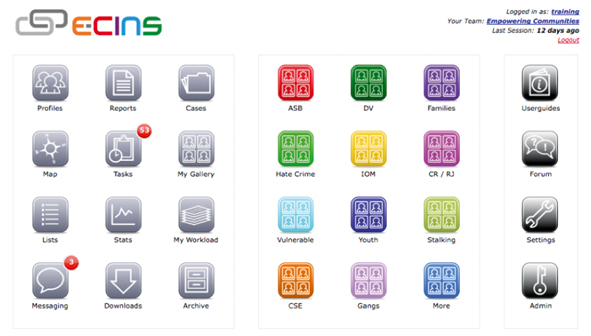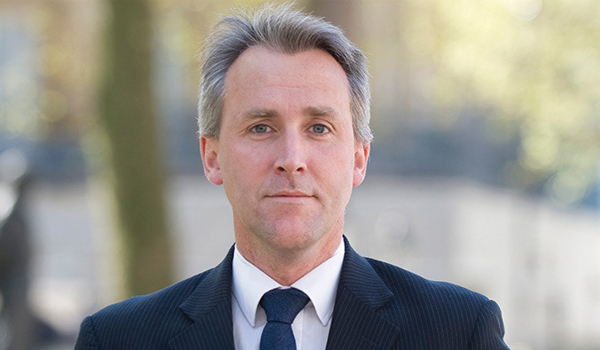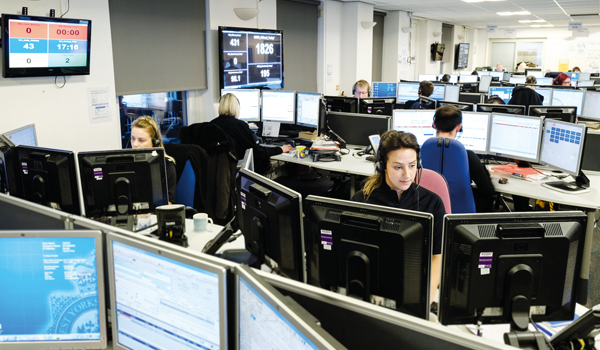ICO launches CCTV code of practice consultation
The Information Commissioners Office (ICO) has launched a consultation on its new draft CCTV code of practice, which sets out good practice advice for those involved in operating CCTV cameras. Aimed at businesses and organisations that routinely capture images of individuals on their CCTV equipment, the draft code will help CCTV operators comply with the Data Protection Act.

The Information Commissioners Office (ICO) has launched a consultation on its new draft CCTV code of practice, which sets out good practice advice for those involved in operating CCTV cameras. Aimed at businesses and organisations that routinely capture images of individuals on their CCTV equipment, the draft code will help CCTV operators comply with the Data Protection Act.
The Information Commissioner recently called for a public debate on the use of CCTV and other surveillance technologies following concerns that we are waking up in a surveillance society. The ICO has revised its existing code of practice on CCTV to reflect technological developments and changes to the way CCTV is used to monitor individuals. The draft code aims to ensure that appropriate data protection and privacy for individuals are maintained.
The new draft code of practice states that CCTV must not be used to record conversations between members of the public. According to the draft code, this action is highly intrusive and unlikely to be justified. If a CCTV system is equipped with a sound recording facility it should always be turned off or disabled.
Before deciding whether to use CCTV the ICO is encouraging businesses and organisations to carry out an impact assessment to determine whether CCTV is justified and how it will be operated. The assessment also aims to take into account the effect CCTV may have on individuals.
Jonathan Bamford, assistant commissioner at the ICO, said: It is clear that use of CCTV enjoys a lot of public support and can have benefits such as helping with the detection of crime. However, it can be extremely intrusive, putting law-abiding people under surveillance. It is essential that the public is confident that CCTV is being used responsibly and for a proper purpose. As most uses of CCTV will be covered by the Data Protection Act this revised guidance will help CCTV operators comply with their legal obligations under the act.
The code also provides advice on the retention and use of CCTV images and outlines some of the circumstances when it would be appropriate to disclose images captured by CCTV for example, to law enforcement bodies for the investigation of a crime.
The ICO is encouraging comments from those who might be affected by the provisions outlined in the draft CCTV code of practice. Once these comments are assessed, the ICO will issue a revised code. The consultation on the draft CCTV code of practice closes on October 31, 2007.




